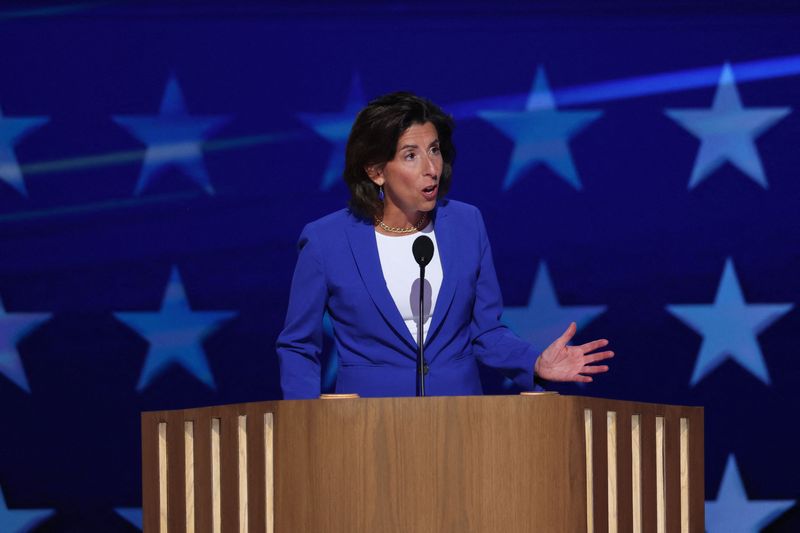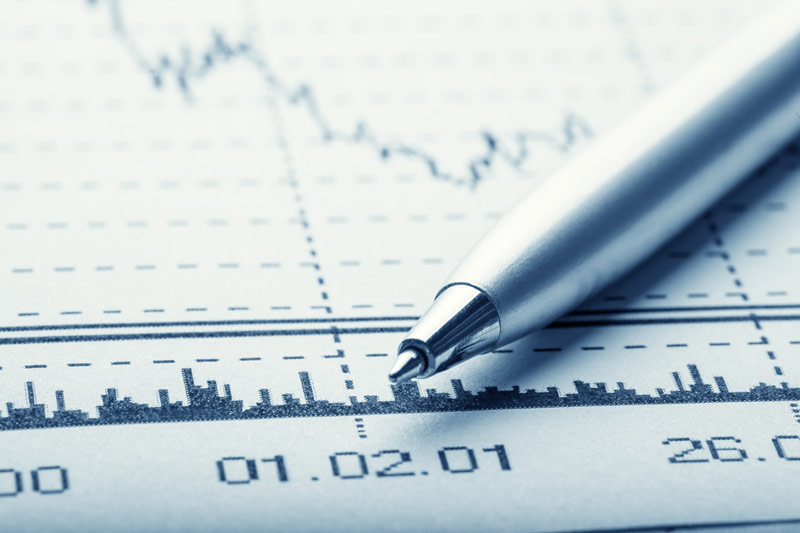By David Shepardson
WASHINGTON (Reuters) -President Joe Biden’s outgoing administration plans to finalize rules next week cracking down on Chinese vehicle software and hardware, U.S. Commerce Secretary Gina Raimondo told Reuters.
In September, the department proposed prohibiting key Chinese software and hardware in connected vehicles on American roads due to national security concerns. That move would effectively bar Chinese cars and trucks from the U.S. market. Major global automakers would have to remove key Chinese software and hardware from vehicles sold in the U.S. in the years ahead.
“We wanted to hear from industry. We had to get it right. We digested all of that comment and now we’re going to get this out,” Raimondo said in an interview. “It’s really important because we don’t want two million Chinese cars on the road and then realize… we have a threat.”
The White House cleared the final rule late Tuesday, according to a government website.
The proposal issued in September would make software prohibitions effective in the 2027 model year. The hardware ban would take effect in 2029.
The Alliance for Automotive Innovation, representing General Motors (NYSE:GM) Toyota Motor (NYSE:TM) Volkswagen (ETR:VOWG_p), Hyundai Motor (OTC:HYMTF) and other major automakers, in October sought at least one additional year to meet the hardware requirement.
The Consumer Technology Association said both deadlines should be extended by two years as did Honda (NYSE:HMC) Motor in order “to conduct crucial testing, validations, and updating of necessary contracts.”
In September, the Biden administration locked in steep tariff hikes on Chinese imports, including a 100% duty on electric vehicles and hikes on EV batteries and key minerals.

President-elect Donald Trump, who takes office on Jan. 20, wants to prevent Chinese auto imports but has said he remains open to Chinese automakers building vehicles in the U.S.
“We’re going to give incentives, and if China and other countries want to come here and sell the cars, they’re going to build plants here, and they’re going to hire our workers,” Trump told Reuters.



